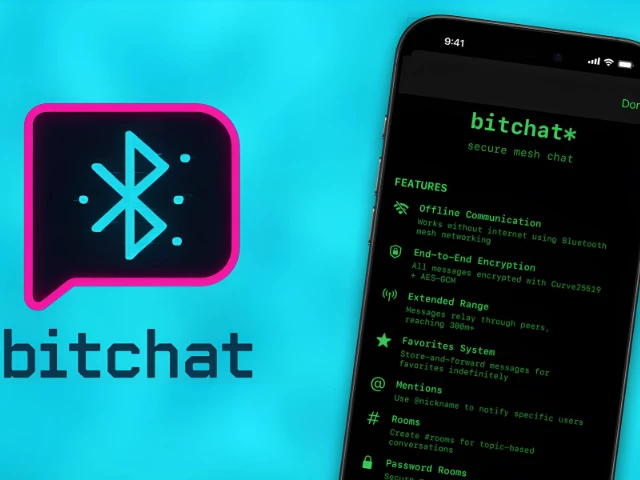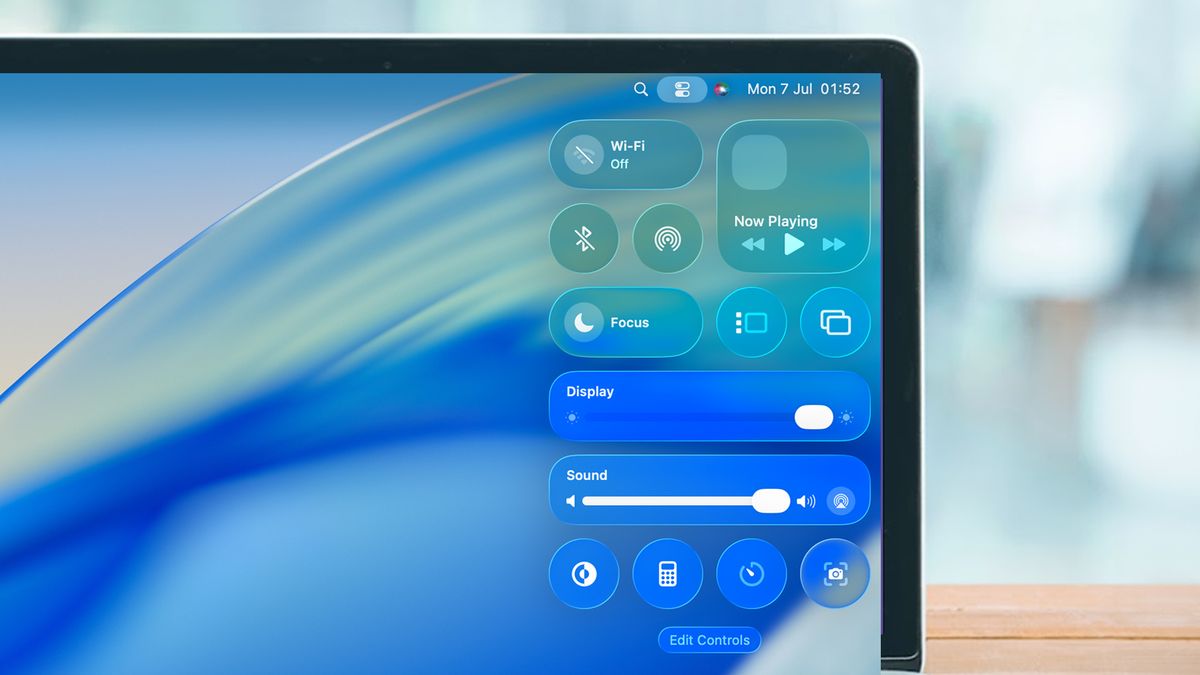Bitchat: Jack Dorsey’s Offline Messaging App Making Waves Worldwide- In an age where digital communication depends almost entirely on centralized internet services, Jack Dorsey, co-founder of Twitter and Block, has introduced an experiment that is challenging the norm. His latest project, Bitchat, is a peer-to-peer encrypted messaging app that can operate without mobile data or Wi-Fi. Built on Bluetooth mesh networking, the app is generating global attention not only for its innovative design but also for the way it has been adopted during times of unrest and censorship.
How Bitchat Works
Unlike traditional messaging apps such as WhatsApp or Signal, Bitchat does not rely on phone numbers, SIM cards, or centralized servers. Instead, it connects devices directly using Bluetooth Low Energy (BLE). Messages travel from one device to another, hopping through nearby phones until they reach their destination.
This creates a mesh network, where each user becomes both a participant and a relay node. The design has two major advantages:
1. No Internet Required – Even during blackouts, users can still send texts as long as there are enough nearby devices to pass along the message.
2. Censorship Resistance – Because no central servers exist, governments or corporations cannot easily block or monitor communications.
To protect privacy, Bitchat employs end-to-end encryption, using protocols similar to those behind secure messaging platforms. Features such as password-protected groups and a panic button that instantly wipes data highlight the app’s focus on security.
Why It’s in the News
Bitchat is in the spotlight for several reasons, but the most striking is its sudden popularity in regions facing political tension and infrastructure failures.
In Madagascar, the app’s downloads spiked when residents staged protests over power cuts and water shortages. With uncertainty around internet access, demonstrators found Bitchat a reliable way to communicate. Similar surges have been recorded in Nepal and Indonesia, where fears of censorship and unrest made people turn toward decentralized tools.
The app has also attracted attention from privacy advocates and civil liberties groups who see it as a potential shield against surveillance. In countries where authorities shut down the internet during elections or protests, Bitchat could provide an alternative channel for coordination and information sharing.
A Double-Edged Sword
However, Bitchat’s rise has not been without criticism. Cybersecurity experts have pointed out that the app is still in beta testing and has not undergone a full third-party audit. Early testers uncovered a vulnerability that allowed user impersonation, raising questions about whether it is truly safe for activists and journalists operating in high-risk environments.
Dorsey himself has admitted that Bitchat is very much a work in progress—a “weekend project” that grew bigger than expected. While the idea is promising, the lack of extensive testing means users are advised to treat it cautiously.
Another concern is scale. Bluetooth mesh networks work best when many users are close together, but in rural or sparsely populated regions, message delivery may be slow or unreliable. This makes Bitchat more effective in urban protests than in isolated communities.
Beyond Protests: Everyday Use Cases
Despite the focus on political movements, Bitchat’s potential goes far beyond activism. It could serve as a lifeline during natural disasters, when hurricanes, earthquakes, or floods knock out cellular towers. Rescue teams and local residents could stay connected even without internet access.
Gamers and festival-goers might also find the app useful in crowded venues where mobile networks often collapse under heavy demand. In fact, Dorsey has hinted that part of his motivation was simply to explore how people could stay connected in fun, creative ways without relying on big tech infrastructure.
The Bigger Picture
Bitchat fits into a broader movement toward decentralization in technology. Just as Bitcoin questioned centralized banking, this app questions centralized communication. By removing the gatekeepers, it opens the door to freer, more resilient ways of staying in touch.
Yet its future remains uncertain. Will it evolve into a widely used communication tool, or remain a niche project celebrated mainly during times of crisis? Much depends on how the developers address security concerns and how communities embrace the technology.
For now, what is clear is that Bitchat has already demonstrated the power of off-grid messaging. Whether in the middle of a protest, a blackout, or a natural disaster, the idea of communicating freely without internet access is no longer just theory—it’s becoming reality.




